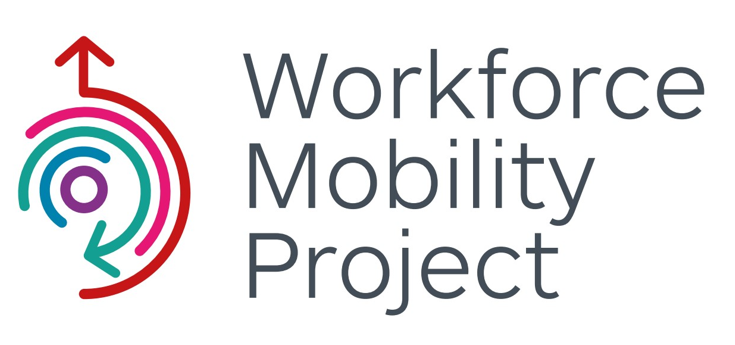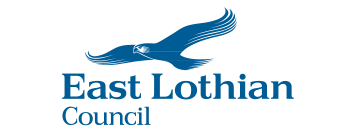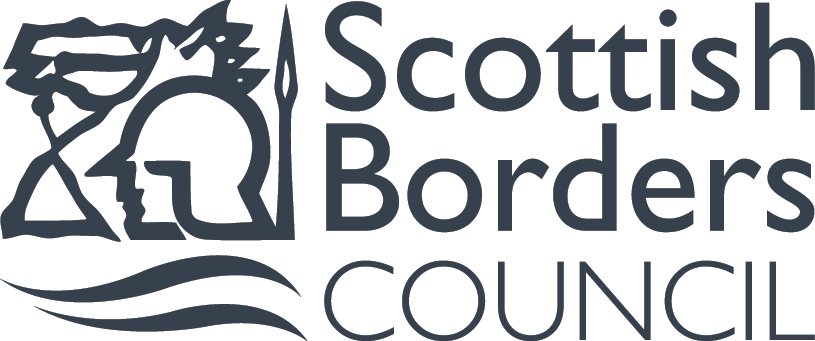Workforce mobility pROJECT
The Edinburgh and South East Scotland City Region Deal is the first in Scotland to incorporate a Workforce Mobility Project that acknowledges the role transport plays in supporting employment, training and education. This project aims to work across sectors to improve data, communication, and the effectiveness of local transport to support the ambitions of the IRES programme, the Regional Prosperity Framework and other regional and national strategies.
Further information on the project vision, ambition, outcomes and data-based approach to inform decision making can be found in our Brochure.
-
Our Base Line Report identifies transport and digital barriers to accessing employment, training, and education in the ESES City Region, validates anecdotal evidence from stakeholder workshops, and details potential solutions. DOWNLOAD [PDF, 3.07MB]
The Bikes on Buses Performance Review and Recommendations Report based on our research into existing bicycle friendly bus services in the UK. DOWNLOAD [PDF, 1.4MB]
The Sustainable Travel Employer Initiatives Funding and Tax Incentives Document outlines measures to help employers promote and invest in active and sustainable commuting for their employees. DOWNLOAD [PDF, 748KB]n text goes here
-
Our Data Analysis and Digital Tools are specialist transport data tools developed by the project, which analyse transport data, track travel trends, and assess area accessibility via sustainable options—supporting decisions in transport, planning, and economic development. DOWNLOAD [PDF, 1,477KB]
The Berwickshire Demand Responsive Transport Trial Case Study Document supported Scottish Borders Council in establishing a business case and delivering a pilot service which operated from May 2022 to May 2024. DOWNLOAD[PDF, 1.5MB]
The City of Edinburgh Council Employee Postcode and Travel Analysis reviews the sustainable travel areas of Edinburgh's 50 largest employers and maps Council staff postcodes. DOWNLOAD [PDF, 2.36MB]
East Lothian Journey Hubs Feasibility Study evaluates options and provides recommendations for implementing journey hubs across East Lothian. DOWNLOAD [PDF. 865KB]
The Scottish Borders Council’s Full Bus Network Review Case Study Document analysed network performance against new demand data to change services and increase patronage. DOWNLOAD [PDF, 2,274KB]
-
Edinburgh Airport Sustainable Access Review to Inform Recruitment Strategy.
West Lothian School Transport Review.
Scottish Borders Council – Assessment for Tweedbank.
Midlothian & Scottish Borders Council - Public Transport First Approach.
Jobs at Straiton - Sustainable Transport Options.
Leith Green Free Port – Sustainable Transport Options to Optimise Shift Patterns.
Regional Transport Strategy Delivery Plan (in partnership with SEStran).
-
Full Bus Networks Reviews - new services and timetabling to match demand.
Interchange and Active Travel investment plans.
Align development sites with public transport.
Align economic investment with public transport.
Develop green travel plans.
Help Businesses recruit based on public transport availability.
-
The Bus Driver Recruitment Campaign is a cross-region campaign to encourage people to consider a career as a bus driver. Find out more at www.busdrivercareers.scot.










